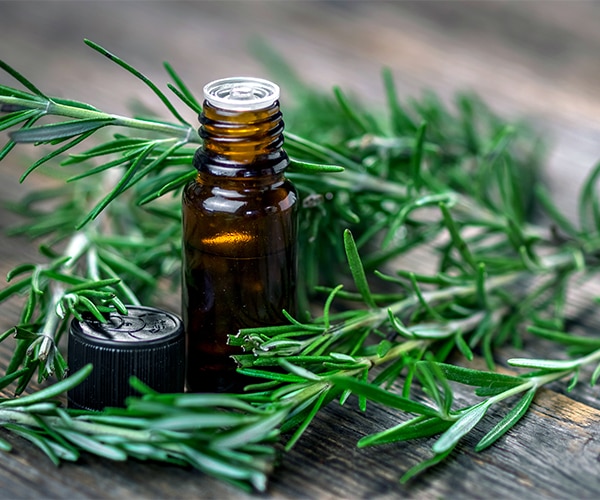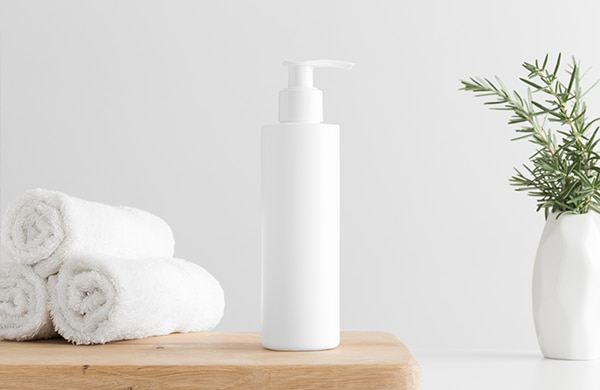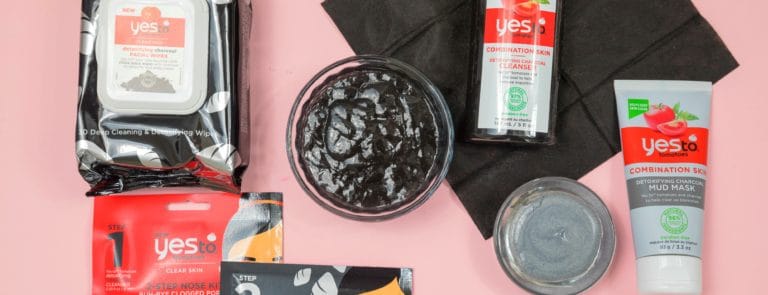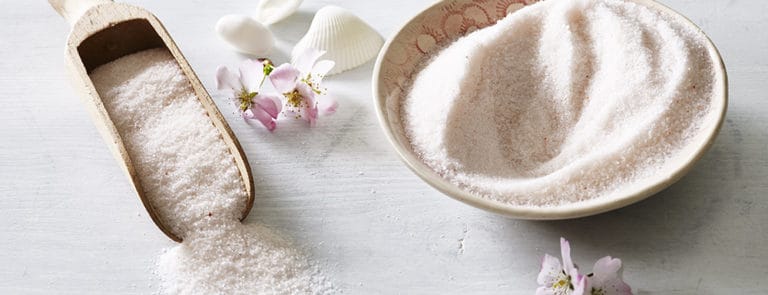B&C
|Carousel main title
Main title
Rosemary oil for hair: Benefits & uses

051831
051831

Starpowa
Starpowa CBD 5mg Apple Flavoured 60 Gummies
Buy One Get One Free
18+
£39.99
051831

Reakiro
Reakiro CBD 25mg Apple & Lemon Flavour 30 Gummies
Buy One Get One Free
18+
£49.99
051831

Reakiro
Reakiro CBD 25mg Apple & Lemon Flavour 30 Gummies
Buy One Get One Free
18+
£49.99
Most of us are used to popping a sprig or two of rosemary in our roast dinner, but aside from the cooking connection, it’s thought to be a very versatile herb with wellness and beauty benefits too.
There’s a lot of buzz online about the alleged benefits of rosemary oil for your hair, but what does it actually do, and how do you use it? We’ll dive into the details in this article.
What is rosemary oil?
What is rosemary oil?
Essential oils have been used throughout history for their wide range of benefits, like helping you sleep, moisturising properties and adding shine to your hair.1
Rosemary essential oil is made from the rosemary (Rosmarinus officinalis) shrub, an evergreen plant characterised by its needle-like leaves and woody fragrance. As with most essential oils, rosemary oil is extracted from the leaves and yellow flowers of rosemary shrubs using a process widely known as steam distillation.2
While these shrubs may be native to the Mediterranean – Tunisia, Morocco and France1 - they can be found growing in the UK, Mexico, America, and northern Africa.2


3 benefits of rosemary oil for your hair
When it comes to your hair and scalp, rosemary oil could hold a host of great benefits, from encouraging healthy hair growth to soothing properties.5
Here are just 3 of the ways rosemary oil could help your hair and scalp:
- Supports your hair growth journey: Using rosemary oil to support your hair growth journey is something that’s been widely researched.
- It has soothing properties: Is your scalp feeling itchy and driving you mad? It turns out that rosemary oil may be able to help. The same study from 2015 found that those who used rosemary oil also felt an improvement in their scalp itchiness too.8
- Supports circulation: It’s thought that, when massaged after being diluted with a carrier oil of your choice, rosemary oil can create a warm feeling that can help to support circulation.9,10 These effects on your circulation may also be the reason that it benefits your hair.11
Other benefits of rosemary oil
Not only does rosemary oil have some amazing benefits for your hair, but it can have some other great benefits for you too.
Boosting your concentration: Using rosemary oil is thought to help improve your mind and its overall well-being.
Improving your mood: When 35 healthy people applied diluted rosemary oil on their skin during a research study, they felt more alert, energetic, and cheerful 20 minutes afterwards.2


How to use rosemary oil for your hair
There are so many ways you can use rosemary oil for your hair, from massaging it into your scalp to adding it to your shampoo, but you should always make sure that you follow the instructions on the label before using it.
Mix it with a carrier oil
One of the ways to use rosemary oil on your hair is to massage it into your scalp, but you should always mix your rosemary oil with a carrier oil first. Follow the direction on the label for dilution guidelines.
Diluting rosemary oil helps to reduce its potency and means it is less likely to irritate your skin. Carrier oils are plant oils like argan, jojoba and almond oil. They’re called carrier oils because they are used to dilute essential oils and ‘carry’ them to your skin.
Learning how to mix rosemary oil with a carrier oil is easy. Simply dilute 5 drops of rosemary oil with 10ml of carrier oil and gently massage into your scalp using your fingertips or a scalp massager.4 Let it soak into your hair before washing your hair as normal.
Argan oil is a popular choice as it suits many different hair types, but if you have fine hair and are looking for a lighter oil, you could choose grapeseed instead. Some rosemary oil products may already be diluted, so always check the label!


Blend it with your shampoo
If you like to keep your haircare products natural, you can try adding a few drops of rosemary oil after diluting to your shampoo or conditioner before using it as normal. You only need a few drops of rosemary oil in your shampoo, and you should always wash your hair thoroughly to rinse it out well.
You’ll find a lot of rosemary oil hair products on the market, too, though. So, if mixing your own rosemary oil products isn’t for you, you could try these instead!
Make rosemary water
Using rosemary water is an effective and gentle way to introduce rosemary oil to your hair care routine. You can even pop it into a handy spray bottle to make applying it even easier.
If you’re wondering how to make rosemary water, it’s easy! All you need is to mix 10 to 15 drops of rosemary oil with around 750ml of boiling water. Let it cool, and apply it to your hair and scalp.


How often can you use rosemary oil on your hair?
Since rosemary oil (when used with a carrier oil) is generally considered safe, it can be used daily. But it is best to build up to using it every day by starting with a small amount once or twice a week.
If you find you are experiencing some sensitivity, try using it less or check in with your hairdresser or a medical professional for personalised advice.
Rosemary oil side effects
Whilst rosemary oil is safe for all hair types, there are some precautions you should take when using it.
For instance, as rosemary oil is a potent essential oil, it can cause irritation, so it should always be used with a carrier oil or mixed with another product. If you experience any irritation, even after diluting the rosemary oil, you should stop using it immediately.
If you’re pregnant or breastfeeding, you should get confirmation from your doctor as to whether it is safe for you to use.
How to use rosemary oil safely
How to use rosemary oil safely
- Always do a patch test after diluting with a carrier oil to make sure it doesn’t cause the skin to become sore and sensitive your skin.
- Always dilute it first with a carrier oil before putting it on your skin.
- Make sure you follow the manufacturer’s guidelines on how to use it.


Other ways to use rosemary oil
- Apply it: Dilute it with a carrier oil, such as jojoba oil, and then apply it to the soles of your feet or other parts of your body.
- Diffuse it: Put 8 to 10 drops into a diffuser and breathe in the herby, earthy, and slightly citrusy scent.
- Bathe in it: Run a warm bath and add 4 to 6 drops of rosemary oil. Then relax in the bath for at least 10 minutes to allow the aroma to work.4
The final say
Rosemary oil has been used throughout the centuries for a range of different reasons. But even recent research suggests that it can have some benefits for your hair and even your mood.
And a reason that it has gained so much traction recently could be that it’s easy to use from the comfort of your own home – and it doesn’t cost the Earth. Browse our complete collection of essential oils online today.
Last updated: 23 June 2022
- https://www.decleor.co.uk/blogs/rosemary.html
- https://www.newdirectionsaromatics.com/blog/products/all-about-rosemary-oil.html
- https://www.ncbi.nlm.nih.gov/pmc/articles/PMC4227022/
- http://www.bmj.com/bmj/section-pdf/186632?path=/bmj/341/7766/Clinical_Review.full.pdf
- http://www.sciencedirect.com/science/article/pii/S0021967311002755
- https://pubmed.ncbi.nlm.nih.gov/25842469/
- https://www.ncbi.nlm.nih.gov/pubmed/30219447
- https://pubmed.ncbi.nlm.nih.gov/12564637/
- https://www.byrdie.com/rosemary-oil-for-hair-5181531
- https://www.ncbi.nlm.nih.gov/pmc/articles/PMC3736918/
- https://www.ncbi.nlm.nih.gov/pmc/articles/PMC3700080/
The advice in this article is for information only and should not replace medical care. Please check with your GP or healthcare professional before trying any supplements, treatments or remedies. Food supplements must not be used as a substitute for a varied and balanced diet and a healthy lifestyle.











